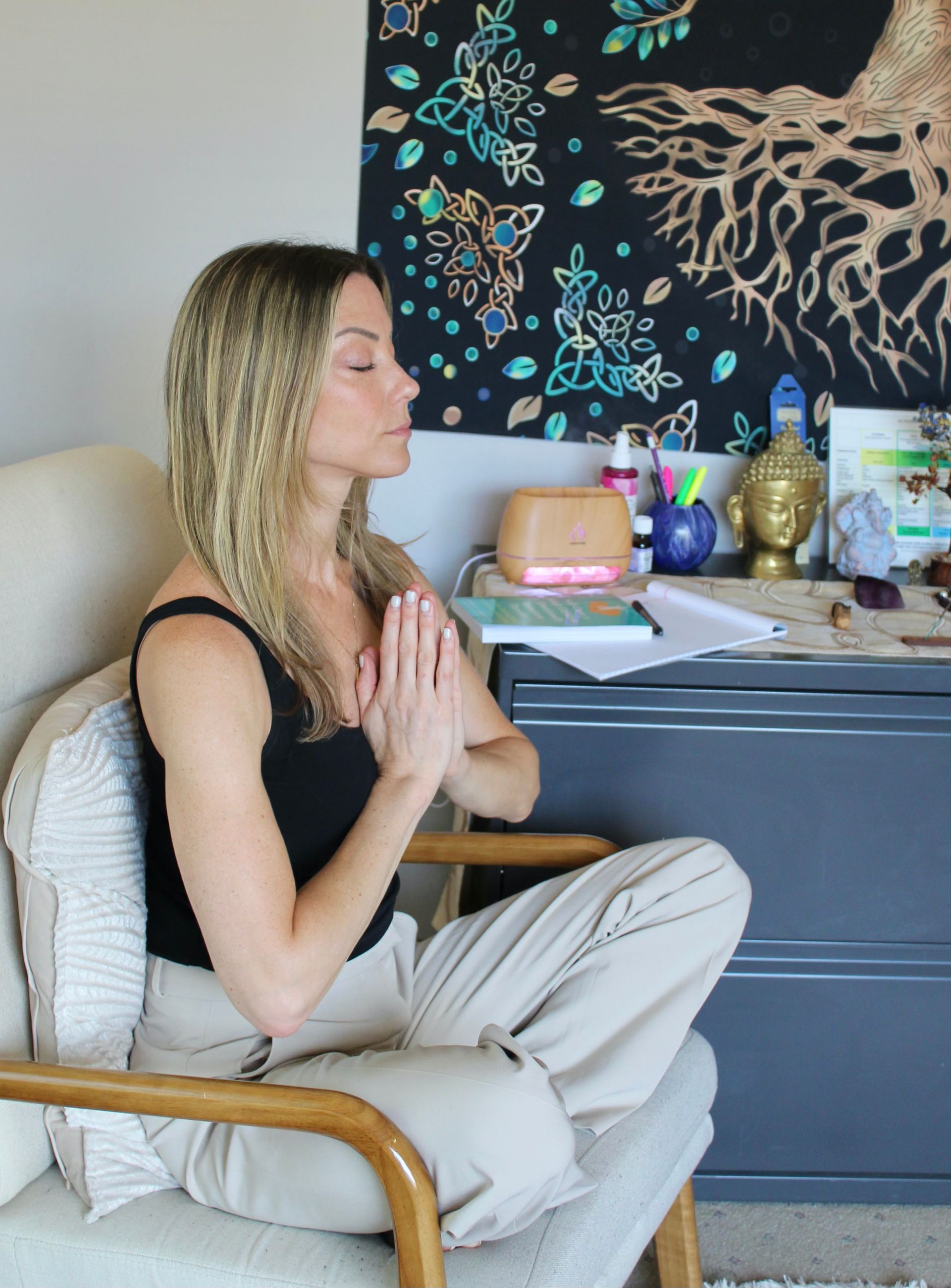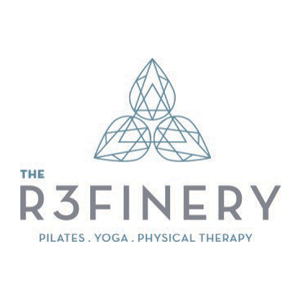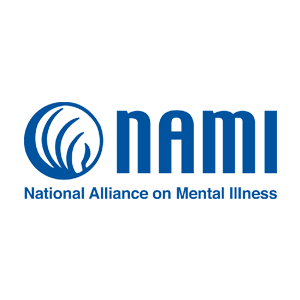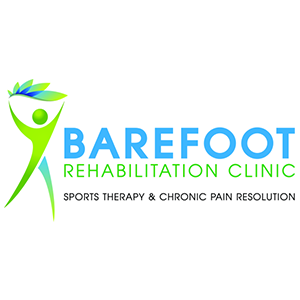Rest Isn’t Lazy
September 4, 2025
The Guilt We Feel About Rest I can't tell you how often one of my clients tells me "I feel guilty when I rest." I feel this is due to the fact that we live in a "hustle culture." Society always tells us to "rise and grind" and "I'll sleep when I'm dead." At some point in our society, rest became equated with laziness and the message that if you are not constantly doing something, you are falling behind.
Redefining Rest as Essential Self-Care
Rest is not lazy, it's not weakness, it's taking a pause to give our heart, mind, and body a time to reset and recharge. Rest is one of the most powerful tools you can give your body. Rest allows you to grow, heal and actually perform better in all areas of your life. If we do not rest, burnout is inevitable.
Your Nervous System Needs Recovery
Think about rest like you think about exercise, muscles don't grow due to constant use, they grow during recovery. If you push your muscles too hard they tear down. Our nervous system operates the same way. If we are under constant stress, we remain in constant "fight or flight" mode. Rest is what tells the body "you are safe now."
Rest as an Investment, Not a Waste
What I encourage my clients to do is not to think of rest as a waste of time, look at it like an investment in yourself. Rest allows us to keep showing up for ourselves, our goals, and our relationships.

5 Practical Ways to Rest
1. Take micro-breaks. Even two minutes to stretch or breathe can make a difference.
2. Create boundaries with tech.
Our brain needs to take space from constant input. Put your phone in another room, turn off notifications, or commit to no scrolling before bed.
3. Create transitions. Have a small ritual that signifies work is done and rest begins.
3. Create transitions. Have a small ritual that signifies work is done and rest begins.
4. Find active rest.
Rest doesn't always mean stillness. Walking outside, stretching, yoga can clear your mind and recharge.
5. Give yourself permission to rest. You don't have to earn it, you deserve it because you are human.
My Personal Approach to Intentional Rest
Personally, I have learned that rest has to be intentional for me. I have to guard rest the same way I guard my other priorities. This means at home I prioritize my evenings, sleep, and spending time outdoors. I create space for doing things I enjoy like cooking, reading, or doing nothing at all. It has taken time for me to allow these things into my life.
At work I build in transition time between clients and keep my caseload manageable. I know the quality of my work is directly correlated to the quality of my rest.
Building Rest Into Your Life as Non-Negotiable
I talk to my clients about the fact that if they are waiting to rest "until everything is done," you will be waiting forever because everything will never be done. The idea is to build rest into your life as a non-negotiable, the same way you build in time for doctors appointments and meetings.
Starting Small: Your First Step
The idea is to start small, pick one thing, putting your phone away at night, a five minute break, or a short walk.
Try it this week and see how it changes your energy.
Rest isn't lazy, it is essential.
Presence of Mind Therapy Blog

What actually happens in therapy? This post breaks down the core elements of the therapeutic process, from the importance of the client-therapist relationship to informed consent, neutrality, and what therapy is (and isn’t) meant to provide. A grounded, compassionate introduction for anyone considering therapy.





















Share On: